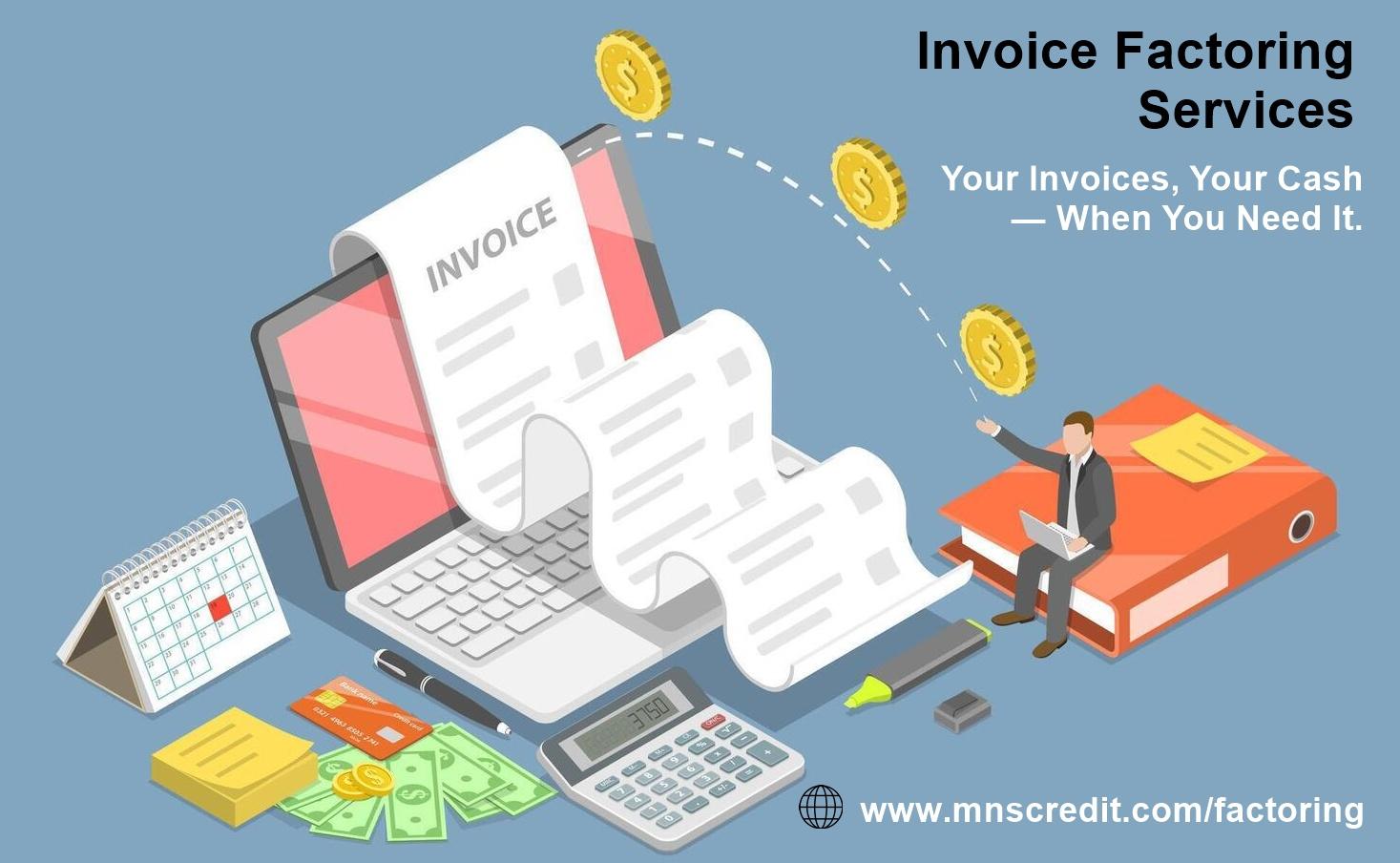Notifications
6 minutes, 35 seconds
-67 Views 0 Comments 0 Likes 0 Reviews

Invoice factoring services offer businesses a strategic solution to improve cash flow by converting outstanding invoices into immediate capital. This financing method is particularly beneficial for companies facing delayed payments from clients, enabling them to maintain operational efficiency without incurring additional debt. However, to leverage invoice factoring effectively, businesses must meet specific eligibility criteria. This article delves into the essential requirements for qualifying for invoice factoring services, providing a comprehensive guide for businesses considering this financial strategy.
Invoice factoring involves selling your accounts receivable (unpaid invoices) to a factoring company at a discount. In return, the factoring company provides immediate funds, typically advancing a significant percentage of the invoice value. The factoring company then collects payment directly from your customers. This arrangement allows businesses to access working capital without waiting for customers to pay their invoices, facilitating smoother cash flow management.
Invoice factoring is primarily designed for businesses that provide goods or services to other businesses or government entities. If your company operates on a business-to-consumer (B2C) model, factoring may not be a suitable financing option. Factoring companies prefer B2B or B2G transactions due to the typically larger invoice amounts and more predictable payment patterns.
The creditworthiness of your clients is a critical factor in qualifying for invoice factoring. Since the factoring company assumes the risk of collecting payments, they assess your customers' payment histories and financial stability. Clients with a strong track record of timely payments enhance your eligibility for factoring services. Conversely, a customer base with poor credit or inconsistent payment behavior may hinder your qualification.
Factoring companies require invoices that are:
For completed and delivered goods or services.
Free from disputes or contingencies.
Not pledged as collateral for other loans.
Invoices must be clear, accurate, and verifiable. Any discrepancies or issues can delay the factoring process or lead to rejection.
The age of your invoices significantly impacts their acceptability for factoring. Most factoring companies prefer invoices that are less than 90 days old. Older invoices are considered higher risk due to the increased likelihood of non-payment. Maintaining a prompt invoicing system ensures your receivables remain eligible for factoring.
While requirements vary, many factoring companies set a minimum monthly invoice volume to justify the administrative costs of managing your account. Businesses with consistent sales and a steady flow of receivables are more attractive to factors. If your invoice volume is low, consider discussing options with potential factoring partners, as some may offer flexible solutions for smaller businesses.
To qualify for invoice factoring, your business must be legally registered and in good standing. Factoring companies typically request the following documents:
Articles of Incorporation or equivalent legal formation documents.
Tax Identification Number (TIN) or Employer Identification Number (EIN).
Valid government-issued identification for business owners.
Business bank account details for fund transfers.
These documents verify the legitimacy of your business and facilitate the establishment of a factoring agreement.
Factoring companies conduct due diligence to ensure your business is free from legal disputes and tax issues that could affect the factoring arrangement. Outstanding tax liens, ongoing litigation, or bankruptcy proceedings may disqualify you from factoring services. Maintaining up-to-date tax filings and resolving legal matters promptly enhances your credibility with potential factors.
Certain industries are more conducive to invoice factoring due to their invoicing structures and payment cycles. Industries commonly utilizing factoring services include:
Manufacturing
Transportation and logistics
Staffing and recruitment
Wholesale and distribution
Healthcare
If your business operates in a niche or volatile sector, research factoring companies that specialize in your industry to find a suitable partner.
To streamline the application and approval process for invoice factoring services, consider the following steps:
Organize Financial Records: Maintain accurate and up-to-date accounts receivable aging reports, financial statements, and customer payment histories.
Assess Customer Creditworthiness: Regularly evaluate your clients' credit profiles to ensure they meet factoring companies' standards.
Review Invoicing Practices: Implement efficient invoicing procedures to issue invoices promptly and follow up on outstanding payments.
Communicate with Potential Factors: Engage in open discussions with factoring companies to understand their specific requirements and services tailored to your industry.
Invoice factoring services can be a valuable financial tool for businesses seeking to improve cash flow and maintain operational stability. By understanding and meeting the eligibility criteria outlined above, your business can position itself to take full advantage of the benefits offered by factoring. Careful preparation and proactive financial management are key to a successful factoring relationship, enabling your business to thrive in today's competitive marketplace.
factoring in india invoice factoring services factoring services

